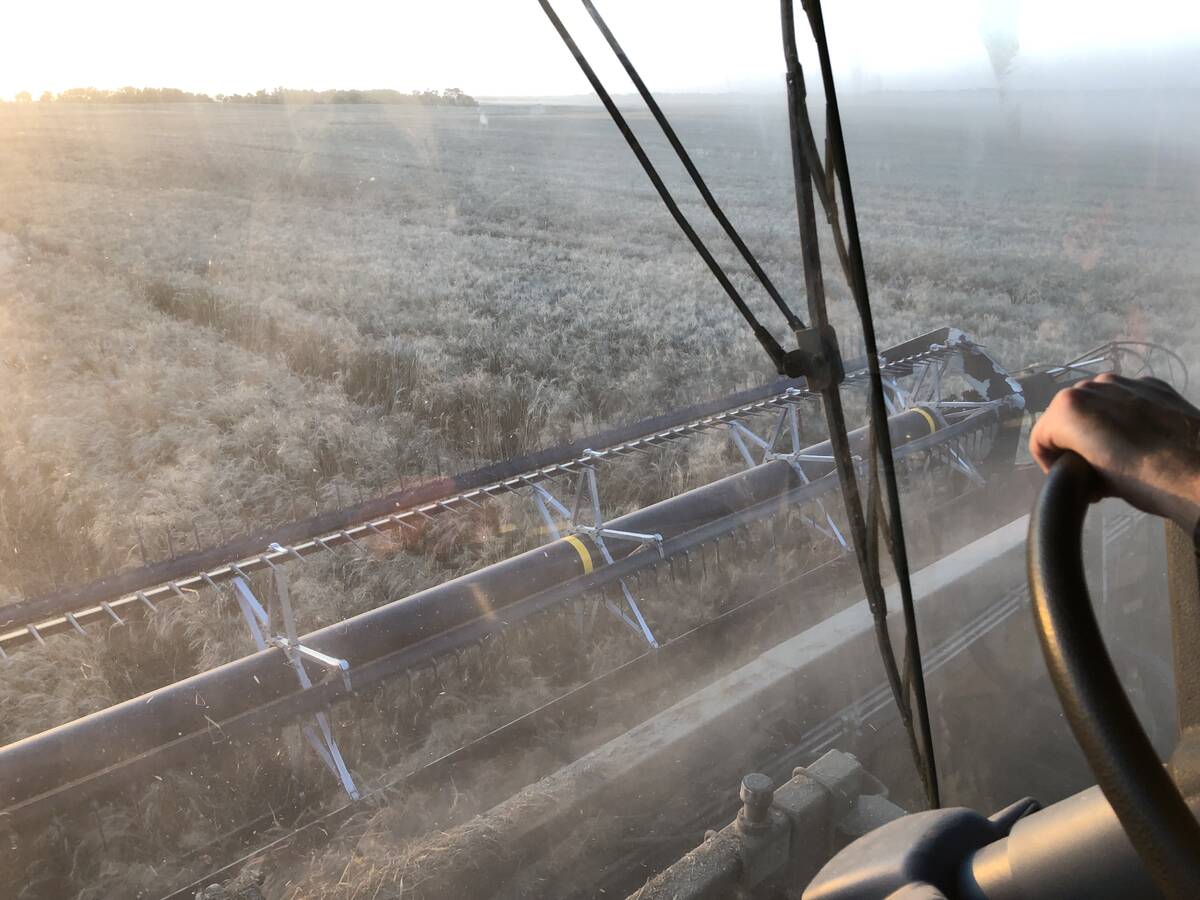Prince Edward Island potato growers last week heard the news they have been awaiting for nine months. They can again export their crop to the United States.
“I think there will be a lot of pleased people, both in P.E.I. and in the American marketplace where we sell,” said P.E.I. potato board general manager Ivan Noonan.
“It’s positive for farmers and for P.E.I. in general because a lot of people and industries depend on the potato industry.”
At his constituency office in Indian River, Liberal MP Wayne Easter said he had evidence of increased farmer optimism almost immediately after the Aug. 1 announcement.
Read Also

Mail strike disrupts grain sample delivery
The Canadian Grain Commission has asked farmers to consider delivering harvest samples directly to CGC offices, services centres or approved drop offs as Canada Post strike delays mail.
“I just had a guy in my office telling me he is looking at a new refrigeration system. He said he wouldn’t be doing it or even thinking of it if not for this announcement.”
On Aug. 1, agriculture minister Lyle Vanclief announced that the Americans had agreed to lift most of the restrictions on imports of the 2001 potato crop from the island.
After a limited outbreak of potato wart in one field last autumn, the U.S. closed its border and eventually stopped P.E.I. from shipping potatoes to any other province as well, if the third jurisdiction wanted to export to the U.S.
Canadian officials insisted the disease was isolated, potatoes from elsewhere in the province were safe and American trade restrictions were more political protectionism than science-based disease fears.
In late April, a deal was reached that allowed limited access to the U.S. market for the 2000 crop.
Last week’s deal lifts the remaining restrictions, except for potatoes from the original infected field, a kilometre buffer zone around the field and 25 other fields. It means potatoes destined to U.S. markets from most of the province will not have to be washed and treated with sprout inhibitor.
But the access comes at a price.
For the next three years, Canadian Food Inspection Agency inspectors will inspect every field in P.E.I. to certify that it is free from the potato wart virus.
Vanclief declared it a victory for Canadian negotiators.
“What we have now gone to is what we’ve said all along we should be at, a science-based surveillance plan,” he told an Aug. 1 news conference. “This sets a precedent on how these types of issues should be dealt with.”
Easter, who at times during the dispute demanded the government take trade retaliation against the U.S., said the deal is welcome. But he warned that the government must not pass added costs of surveillance back to farmers.
The American market is important for island potato farmers and the industry.
Noonan from the potato board said the industry represents 3.5 percent of the province’s gross domestic product and 20 percent of the crop normally is exported to the U.S. Exports are worth tens of millions of dollars.
The restriction on exports to other provinces cost island farmers a bundle. Some quit farming.
“We should not forget that last year’s illegal action by the U.S. has caused net farm income on P.E.I. to decline by 53.6 percent and has reduced the number of processing contracts to off-island processing plants,” said Easter.
















